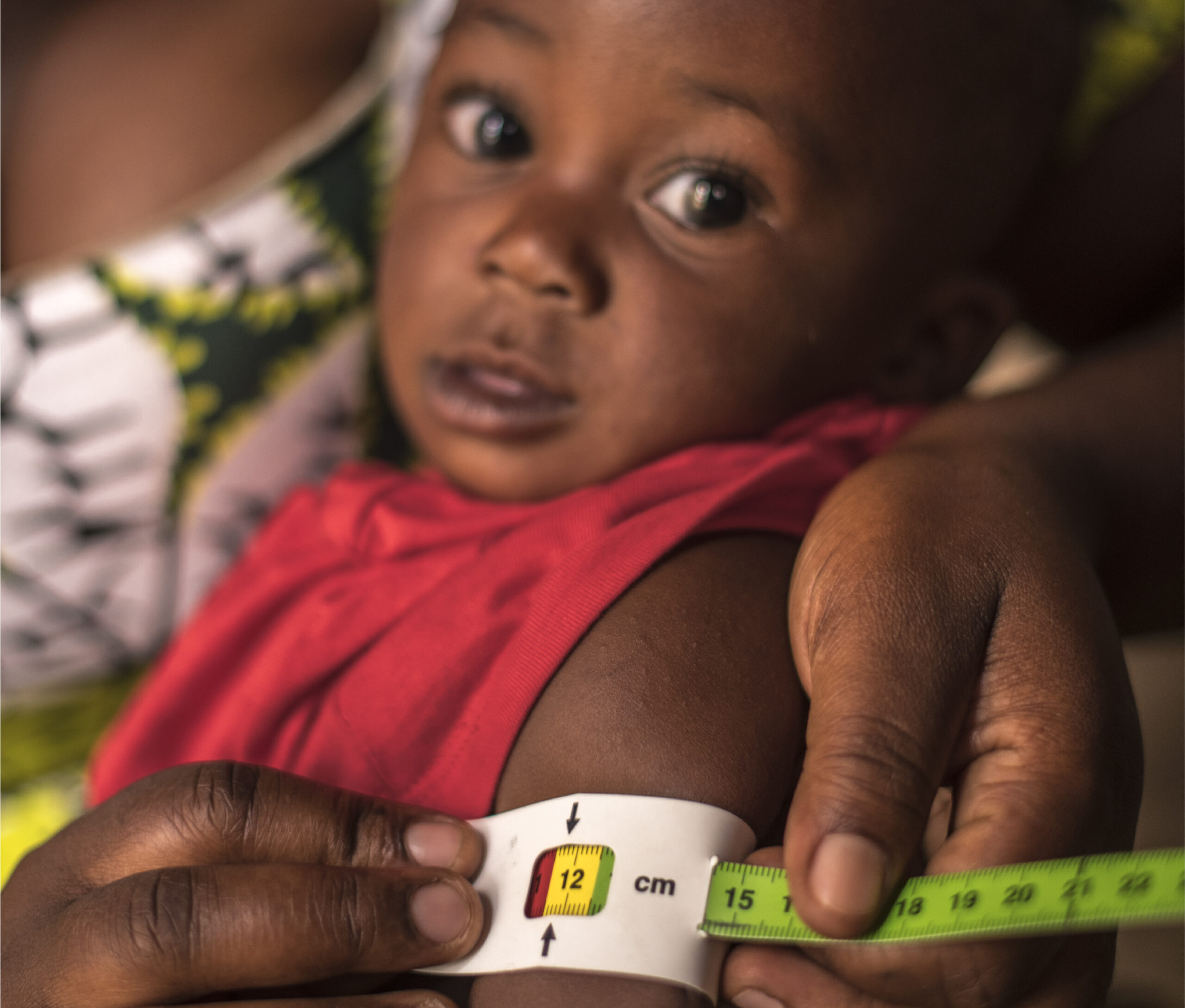
On Thursday, March 17, the World Food Programme (WFP), UNICEF and the African Union Development Agency hosted a global webinar on the role of South-South and Triangular Cooperation in delivering the Sustainable Development Goal 2, in particular reducing the prevalence of undernutrition and malnutrition in Africa. The event showcased good practices and solutions; raised awareness on the benefits of country-to-country learning on actions, experiences, and lessons learnt; and identified concrete actions in support of the Year of Nutrition for Africa 2022.
Globally, there are 821.6 million people that are considered undernourished or starving, out of which approximately 239 million malnourished individuals are living in Sub-Saharan Africa. Around 45 percent of deaths among children under 5 years of age are linked to undernutrition. Furthermore, malnourished children are at risk of losing 10 percent of their earning potential over the life course.
As a result of the discussions, UNICEF and WFP called for better food systems for nutritious diets, better integration of nutrition services in health care systems, better financing, and better data. This will help the development of more equitable, sustainable nutritious, efficient and inclusive food systems everywhere, as strongly advocated by the UN Food Systems Summit when launching a global coalition to support national food system transformation pathways.
Across the world, government shave shown commitment to this issue. In Latin America, for instance, there have been continuous efforts to mitigate the multiple burden of malnutrition through the Nurture the Future project, which is a collaboration between Brazil, Colombia and Peru. Learn more about the project here.




